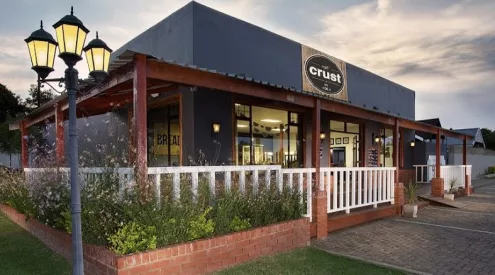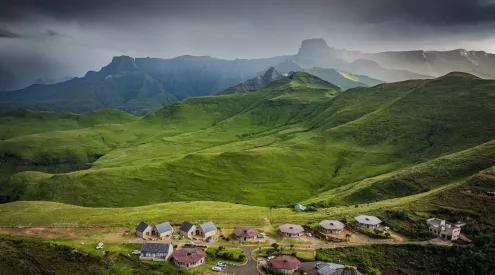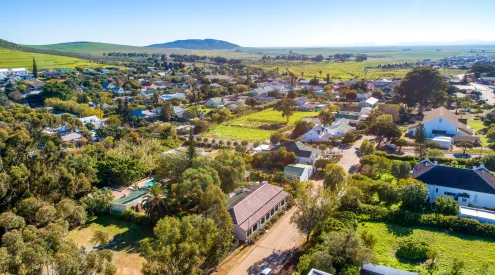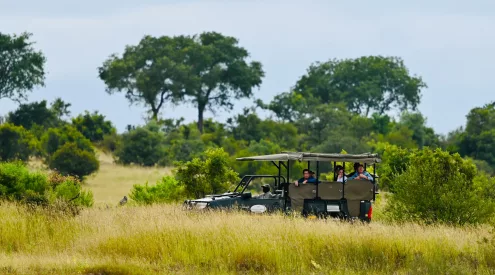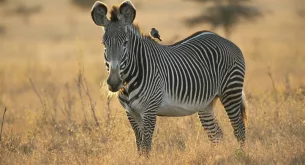‘We are deeply disappointed at the announcement, that the Department of Home Affairs has revised their “red list” which now includes Germany and effectively kills our key source markets for tourism in the Western Cape,’ the Western Cape Government said.
Many countries that are key to reviving South Africa’s tourism sector are still banned from entering the country.
International markets are a key economic driver for the tourism sector in the Western Cape, and so the full re-opening of our borders to leisure travellers, with stringent health protocols in place ahead of the summer season is absolutely critical to the sector’s immediate recovery, medium-term stability and long-term survival.
‘We do welcome the increased capacity that has been allocated to process business traveller applications after I wrote to the Minister of Home Affairs, Aaron Motsoaledi, on this matter last week following several complaints about a failure to respond. I am also pleased that my suggestion of a 24-hour turnaround for applications is being implemented and I now urge the department to finalise the remaining backlog of 1 588 applications as soon as possible,’ Provincial Minister of Finance and Economic Opportunities said.
‘We also welcome the concession to allow regular visitors who are coming to stay for a three-month period or more, subject to Covid-19 protocols. But at the end of the day the additional concession underlines the point that we have maintained from the start – that the “red list” needs to be scrapped and all visitors should be allowed entry into South Africa subject to presenting a negative PCR test conducted at least 72 hours prior to departure, together with screening protocols.’
‘There is simply no greater risk for transmission of the Covid-19 virus based on the purpose of travel, yet the negative impact of continuing to limit the entry of leisure travellers to South Africa, especially from our key source markets, is severe and extreme. This alternative approach to international travel will ensure we re-open the economy safely to prevent job losses in the Western Cape and South Africa during the Covid-19 pandemic,’ Maynier concluded.
Also read:
Picture: Unsplash


